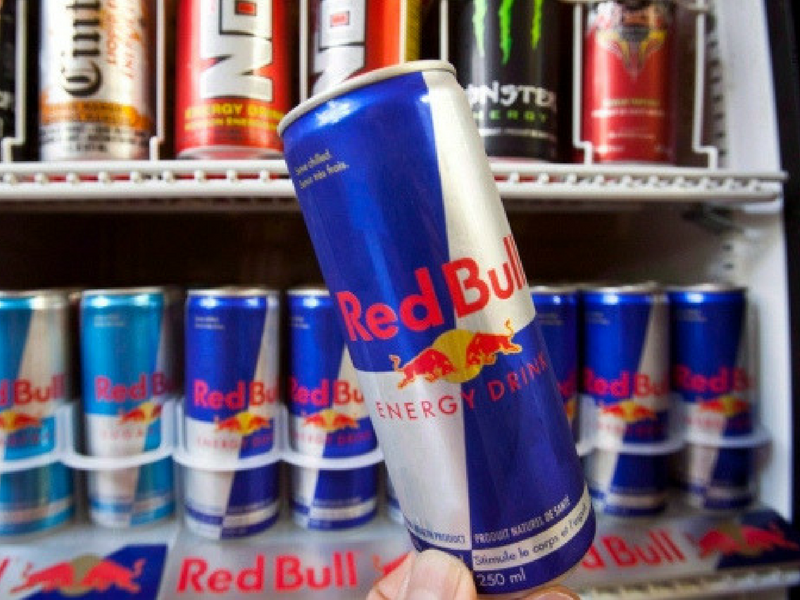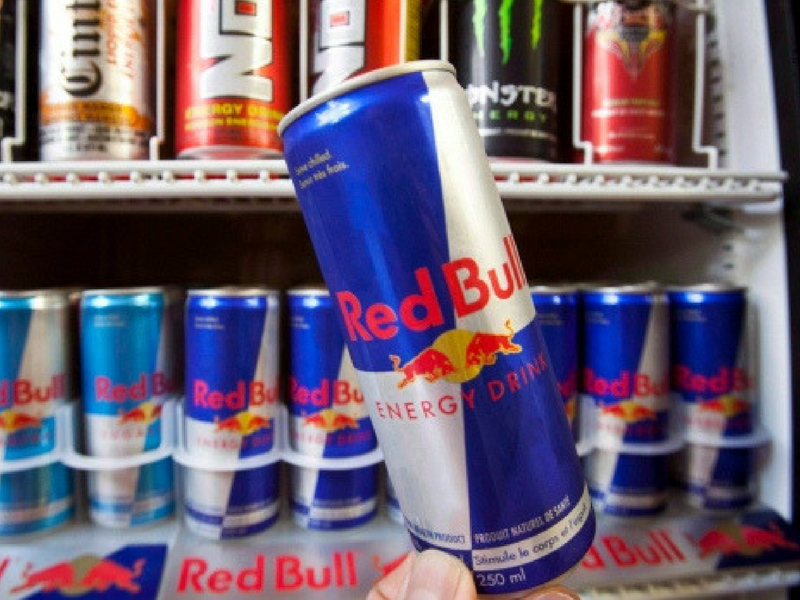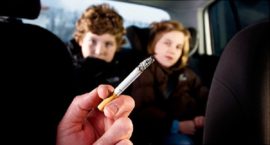Via CBCNews: Sports and energy drinks can be serious trouble for kids, Miramichi doctor says
A Miramichi pediatrician says sports and energy drinks have helped make some of his young patients obese and anxious, and there’s no reason to drink them at that age.
Dr. Mike Dickinson is also president of the Canadian Paediatric Society, which released a position statement Tuesday recommending kids avoid sports and energy drinks altogether.
The group says sports drinks contribute to childhood obesity and dental cavities because of their high sugar content, and the amount of caffeine in energy drinks typically exceeds Health Canada’s maximum daily intake for children.
Energy drinks, such as Red Bull, typically claim to reduce fatigue and improve concentration. Sports drinks, such as Gatorade, contain a mixture of sugar and electrolytes and are often marketed as fluid replacements for athletes and others engaged in vigorous physical activity.
Dickinson said he’s not opposed to youth having the drinks as an occasional treat, but he thinks they offer virtually no nutritional value and shouldn’t be consumed regularly because of their high sugar and caffeine content.
“In young children and most teens, there’s really nothing that offers any kind of health benefit whatsoever,” he said.
While sports drinks are often marketed as performance-enhancing and necessary for replacing lost electrolytes, most children and teens are not engaging in enough physical activity to warrant the drinks, he said.
Problems for kids’ health
At his Miramichi practice, some children have come in complaining of a fast heart rate, Dickinson said. Often, the symptoms are the result of consuming energy drinks, he said.
Energy drinks have also been a factor at times when his patients have complained of feeling anxious or unsettled.
“When we got those energy drinks out of the diet, those symptoms improved,” he said.
When seeing children who have gained weight or are obese, he’s found sports drinks are frequently a factor, he said.
High rate of use in province
The New Brunswick government has looked at the issue as well.
In the 2012 New Brunswick Student Drug Use Survey, 57 per cent of students reported using energy drinks, 12 per cent said they drank them more than once a month and eight per cent said they used them more than twice a month.
In 2013, then-chief medical officer of health Dr. Eilish Cleary was also asked to study the effects of energy drink consumption, particularly in children.
At the time, Cleary said it was a public health concern, given the risk of adverse behaviour and health effects, such as increased heart rate and higher blood pressure.
Sarah Williams, a spokeswoman for the Department of Health, said that since then, the province has worked to develop “key public health messages” on energy drink use that have been distributed to health professionals, educators and public health staff.
She also said Education and Early Childhood Development has a provincial school nutrition policy that restricts the sale of energy drinks and sports drinks in a school setting.







